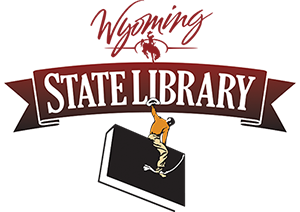 In addition to the live webinars in our training calendar, each month we try to pick some videos out there that you can watch “At Your Leisure.” These on-demand offerings caught our attention for March.
In addition to the live webinars in our training calendar, each month we try to pick some videos out there that you can watch “At Your Leisure.” These on-demand offerings caught our attention for March.
CQ Researcher (Niche Academy Tutorial) (Wyoming State Library)
CQ Researcher is a database of in-depth reports on politics, social trends, international affairs, and policy issues.
Fundamentals of Library Advocacy (EveryLibrary)
In this introductory webinar, we are going to explore what it takes to build a movement for libraries in your local community. The advocacy theory, strategies, and tactics that we introduce come from some of the largest movements for causes and political campaigns. These advocacy tools include data, messaging, supporter cultivation, fundraising, using volunteers, and a wide range of tactics like Facebook, outreach, email and direct mail, paid and earned media, and much more.
Orientation to Legal Research Series: U.S. Federal Statutes (Law Library of Congress)
This entry in the Orientation to Legal Research Series provides an overview of U.S. statutory and legislative research, including information about how to find and use the U.S. Code, the U.S. Statutes at Large and U.S. federal bills and resolutions.
Programming for Adults with Developmental Disabilities: Why and How (Infopeople)
Often residential and day programs for people with developmental disabilities bring clients to their local public library to visit, however, these groups don’t really engage with the library’s many services or programs. Adults with developmental disabilities also come to the library on their own. Many times, individuals with intellectual and/or developmental disabilities are directed to youth services and not the adult departments which are more appropriate. This confusion could present a barrier to offering these patrons more than just a place to visit.
Storytelling for Justice: How Libraries and Archives Hold History to Account (Mellon Foundation)
Learn about the power and potential of these memory institutions to confront race, policing, and mass incarceration, to foster equity of access and participation, and to educate and train the next generation of librarians, archivists, and activists.
